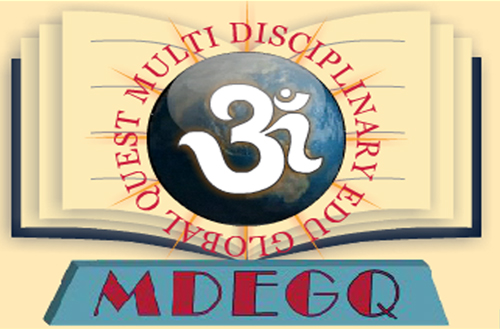Re-examining The Mahabharata In Present Indian Context: A Critical Study Of Gurcharan Das's The Difficulty Of Being Good
The Mahabharata has always been a book of invaluable relevance and prime importance. It defines the essentials of Indian value system and culture. It revolves around the struggle for the throne of the kingdom of Hastinapura. It describes the struggle between two branches of the same family, the Kauravas and the Pandavas. The Pandavas represents dharma and the Kauravas represents adharma. Based on The Mahabharata, Gurcharan Das’s The Difficulty of Being Good: On the Subtle Art of Dharma is an enlightening book which raises complex questions on dharma in particular and human behaviour in general. With a clear purpose to draw our attention towards moral blindness in contemporary India, Das has clearly attempted to enlighten us by redefining Dharma in present context. Analysing our individual duty (swadharma), the writer makes some basic queries on our ethical and general morality in this highly acclaimed book. Specifically, he scrutinizes our individual duty in the age of information and technology.
With an objective to analyse present Indian scenario, this article provides a critical study of Gurcharan Das’s The Difficulty of Being Good: On the Subtle Art of Dharma. Like Das’s book, it aims to seek some answers from The Mahabharata our ancient work of great importance and presents some paradigms from which we can decide the role of “Aam Admi” in present condition. It reexamines the epic which portrays various aspects of dharma: swadharma, rashtradharma, vishvadharma etc.
Providing a critical summary of Das’s book, the article also explores recent Indian scenario in which corruption is all forms is rampant. More and more people are alleged to be corrupt and opportunists. Yet, as a citizen we do not take initiative and we see the tamasha, enjoy the news, gossip about it, eat, drink and sleep. It also highlights the fact that we have forgotten our swadharma. We lack a sense of responsibility to our nation. Our greed and desire for power corrupt. As a citizen of a democratic nation, we must follow dharma in all spheres of our life.
